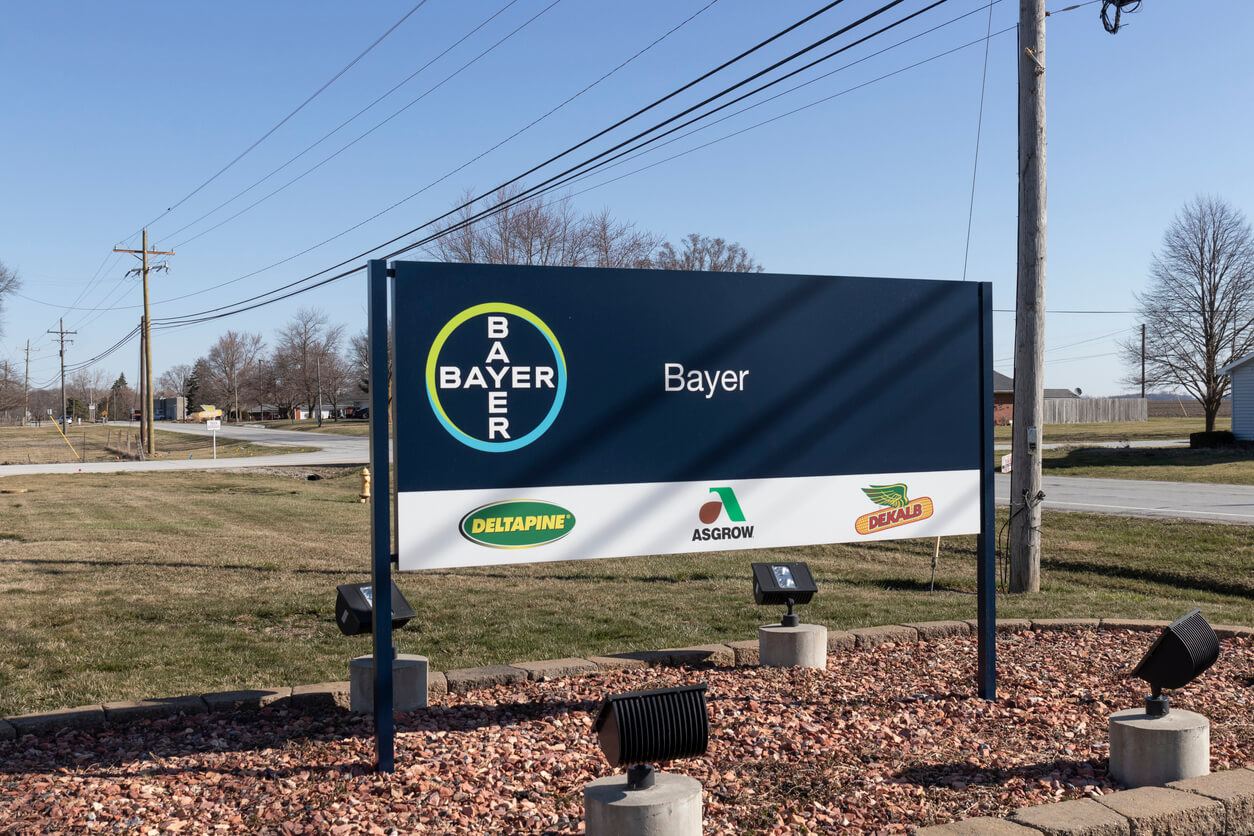Bayer Faces Mixed Outcomes in Latest Roundup Trials
Editors carefully fact-check all Consumer Notice, LLC content for accuracy and quality.
Consumer Notice, LLC has a stringent fact-checking process. It starts with our strict sourcing guidelines.
We only gather information from credible sources. This includes peer-reviewed medical journals, reputable media outlets, government reports, court records and interviews with qualified experts.

Bayer faced mixed outcomes on Friday in its two most recent lawsuits involving its widely used Roundup weed killer, which has been associated with various illnesses and diseases.
The company was victorious in a trial ending on March 1 in Arkansas, where a jury found the company not liable for the death of the plaintiff, Wanda Cody. The woman was a business owner who regularly used the glyphosate product and developed cancer, Reuters reported. The decision marked another victory for Bayer, which contends that its product is safe for human use.
On the same day in Delaware, a case brought by the family of a South Carolina landscaper who died of non-Hodgkin lymphoma ended in a mistrial. After three days of deliberations, the jury remained deadlocked and was unable to reach a verdict. Anthony Cloud’s family was seeking $142 million in punitive damages and has the option to pursue another trial, according to the Associated Press.
“The court’s decision to order a mistrial in this case reflects the plaintiff’s failure to meet their burden to prove their case,” Bayer wrote in a statement following the mistrial.
“While we have great sympathy for anyone who suffers a loss or injury, science proves that Roundup is not carcinogenic,” the statement added.
Bayer Faces Thousands of Cancer Claims
The recent cases are part of a broader legal battle Bayer has faced since acquiring Monsanto, the original maker of Roundup, in 2018. Earlier this year, a federal appeals court rejected Bayer after it tried to argue that federal pesticide approval shields it from state Roundup lawsuits. The decision was a significant setback for the company’s legal strategy.
Thousands of people who received cancer diagnoses after regular use of the herbicide have filed Roundup lawsuits against the manufacturer. Federal courts grouped thousands of individual cases into ongoing multidistrict litigation, and 4,253 cases were still pending in the MDL as of March 1.
Despite winning 11 of the past 18 trials, Bayer has also faced significant legal defeats.
Earlier this year, a Philadelphia jury awarded a verdict of $2.25 billion to a Pennsylvania man who claimed Roundup caused his cancer. One month prior, a different Philadelphia jury awarded $3.5 million in another case.
Bayer claims that decades of studies show that the glyphosate chemical is safe, while the World Health Organization determined the product is a “probable human carcinogen”. A federal appeals court ruled in 2022 that the U.S. Environmental Protection Agency must re-examine its 2020 finding that the chemical did not pose a health risk for humans.
While glyphosate is still being used in commercial landscaping products, the company phased out the residential product in 2023.
The Impact of Litigation on Bayer’s Financials and Reputation
Bayer’s acquisition of Monsanto in 2018 has been challenging for the parent company. Bayer has lost two-thirds of its value since then, according to Reuters.
Even though it has sought out-of-court resolutions, Bayer’s settlements total up to $9.6 billion.
Company leadership has considered restructuring the conglomerate and even possibly selling off certain parts of the business, Reuters reported. The new plan is to hold off any break-up plans for three years and instead focus on operations, debt reduction and resolving litigation.